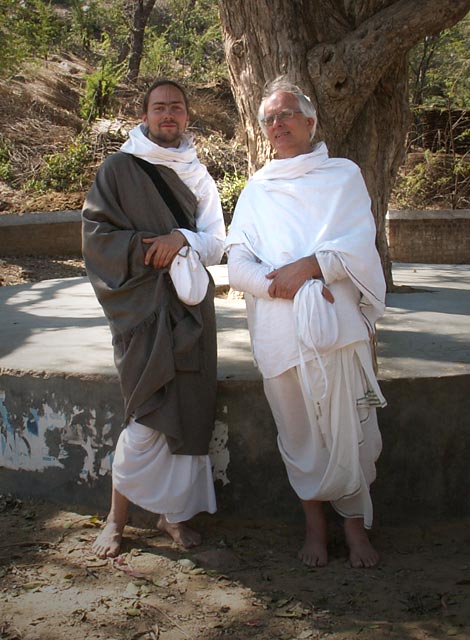Kant and Moving Goalposts

There are several questions left open here. When I was reading Kant and his critics, I could not help but be reminded of Walter Kaufmann's comments on the Gita, in which he objected to the overwhelming pre-eminence of duty for its own sake, excluding all other rewards, which he found a dry and empty approach to life. Kant also seems to think that if it doesn't hurt, if one doesn't find it a struggle to fight one's instincts in order to obey the categorical imperative of moral duty, then it is of no inherent value. Righteousness is its own reward. Kant does not hold out any transcendental joys, no heaven as compensation, but only a kind of sense of rational justification that comes to one who follows this impersonal categorical imperative. Neither does Kant think much of sentimental human motivation, i.e., love, as a rationale for moral action, for these things belong to the realm of the passions. Of course, the Upanishads, in the bhūma-vidyā section of Bṛhad-āra
